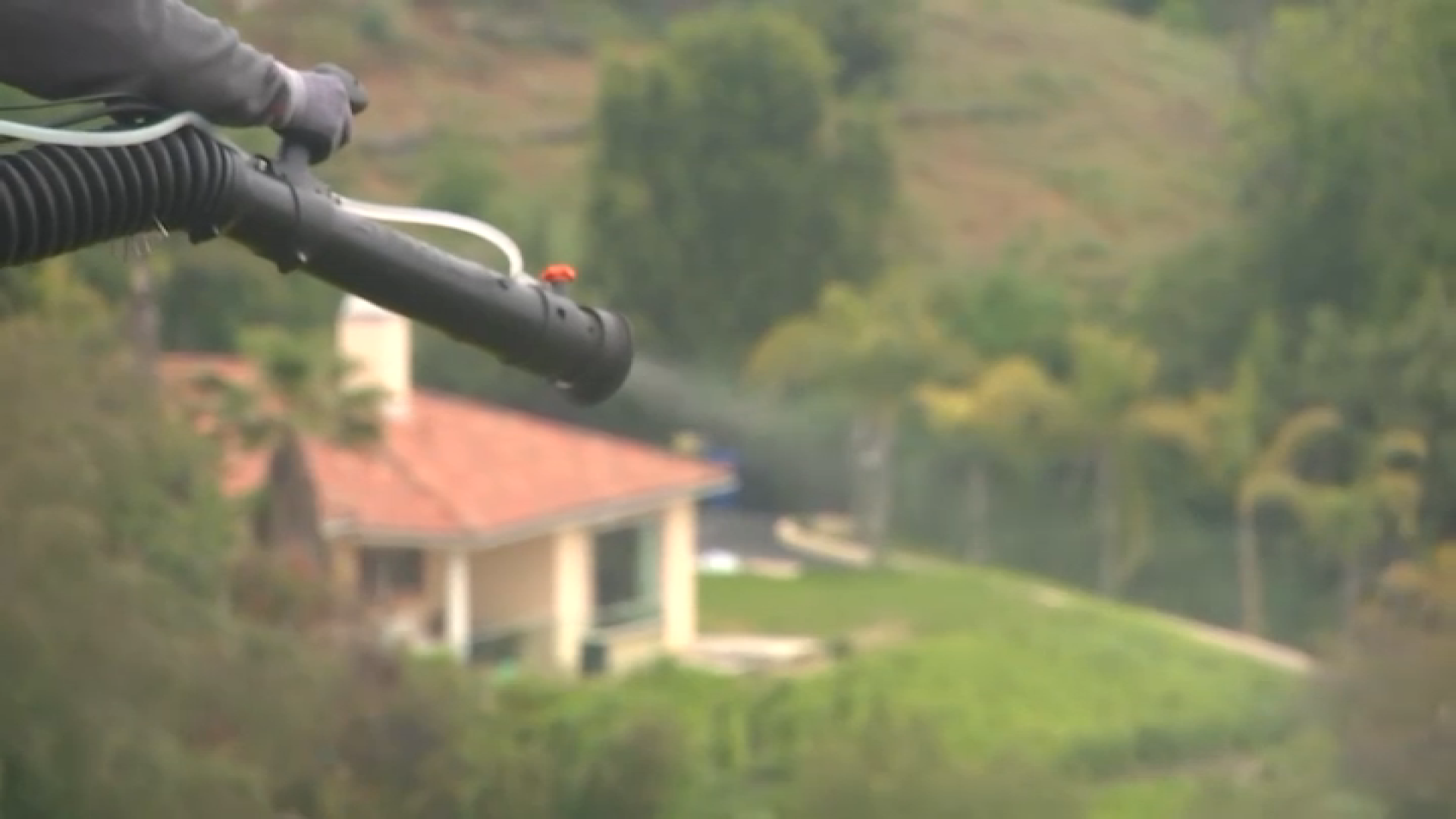Because we're still months away from widespread COVID-19 vaccination, so many people are having to make tough choices about traveling to see family during this holiday season.
And as the current case surge continues to push hospitals to their capacity limits, public health officials have urged people to hunker down.
With all this in mind, NBC 7 asked folks in Little Italy if they were changing their traditions or travel plans thus year.
For Derek White, one change in his plans is that his grandparents will not be part of the family gathering.
“So I think it’s going to be a little bit of a lonely Christmas this year 'round. Hopefully next year is better,” said White. “Do as much as we can from the distance that we are from them.
Lauren Morris is in the same situation.
“This year is actually gonna just be my immediate family. We used to have both sets of grandparents come out. Sometimes our aunt and uncle but because of COVID they can’t come for health reasons and travel risks. So it’s gonna be a smaller Christmas this year,” said Morris.
Local
Steven Hill is rethinking plans with his family in San Bernardino.
“You see the numbers spike. We have an elderly mom and siblings for that matter, yeah so we got to be more careful. It did bring it more to life for us,” said Hill.
Eamon Kavanagh will be watching closely in case he needs to cancel the yearly road trip he takes with his immediate family.
“There may be other restrictions in place wherever you go and that could play a role. If things really shutdown then hotels may shut and so that could impact it as well,” said Kavanagh.
SDSU student Jenny Meyer plans to head home to see family in Seattle, but only as long as her tests are negative.
“It’s definitely worrisome. I obviously am taking as many precautions as possible with wearing a mask everywhere I go, anywhere on campus,” said Meyer.
Everyone NBC 7 spoke with seemed to be changing their plans to protect vulnerable family members, or at least taking steps to be as safe as possible while traveling.
“Like everybody, we’re a little shocked about the, not just the spike, but the extreme spike. So we are keeping a very close eye on that,” said Kavanagh.
The California Department of Public Health recommends Californians stay home or in their region, and avoid non-essential travel. Anyone arriving into California should voluntarily self-quarantine for 14 days.



